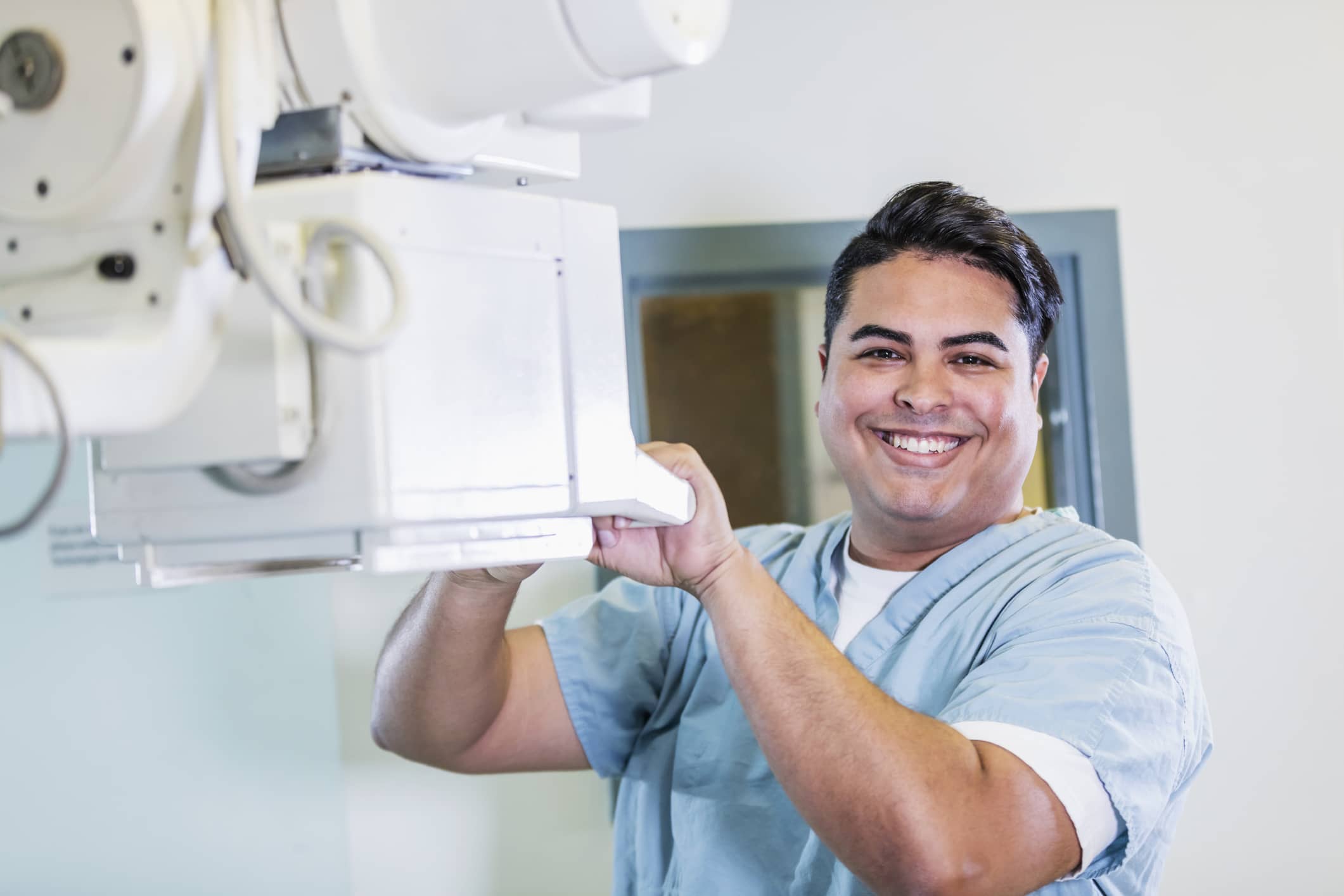
Fostering Trust in Patient Care and Communication in the Cath Lab
In the fast-paced world of healthcare, communication is more than just exchanging information—it's about building trust and ensuring patients feel heard and cared for. This is especially true in the cath lab, where the stakes are high, and precision is paramount.
For travel cath lab techs, effective communication can significantly enhance patient care, making it an essential skill in their toolkit. In this blog post, we will explore strategies to build trust through effective patient communication and care in the cath lab. You’ll learn practical tips, discover relevant examples, and gain insights into how these skills can improve your professional practice.
Understanding the Importance of Communication in the Cath Lab
In the cath lab, where procedures like angioplasty and stent placements are performed, effective communication is crucial. Patients often arrive anxious, with little understanding of what's to come. Here, the cath lab tech plays a pivotal role in not only performing technical tasks but also in easing patient fears through clear, empathetic communication.
For travel cath lab techs, the challenge of adapting to new environments frequently calls for even stronger communication skills. They must quickly establish rapport with both patients and permanent staff to ensure seamless operations and patient care. Understanding local protocols and patient demographics allows them to tailor their communication style effectively.
Building trust begins with acknowledging the patient's concerns. By listening actively, cath lab techs demonstrate empathy, which in turn fosters a comforting environment. Explaining procedures in simple, non-technical terms can help demystify the process and put patients at ease. Furthermore, involving patients in discussions about their care decisions empowers them and strengthens the trust in the clinician-patient relationship.
The Role of Empathy in Patient Care
Empathy in patient care is about understanding and being sensitive to the emotional states of patients. It involves more than just clinical knowledge; it's about connecting with patients on a human level. In the cath lab, where patients are often vulnerable, demonstrating empathy can significantly impact their experience and outcomes.
Empathetic communication involves acknowledging a patient’s feelings and responding in a way that shows understanding. This might include using reassuring tones and body language that conveys attentiveness. Such gestures can help alleviate patient anxiety, making them feel valued and respected.
Cath lab techs can enhance their empathetic communication by practicing mindfulness. Being attentive and present during patient interactions helps in picking up on verbal and non-verbal cues that indicate how a patient is feeling. This awareness can guide cath lab techs in offering more personalized and compassionate care.

Techniques for Effective Patient Communication
Effective communication in the cath lab involves several key techniques that all cath lab techs should master. First, using plain language to explain complex medical procedures is crucial. Avoiding jargon and simplifying explanations ensures that patients understand their health conditions and treatment options.
Active listening is another essential technique. It involves paying full attention to the patient, acknowledging their concerns, and responding thoughtfully. This not only helps in gathering vital information but also reinforces the patient's sense of being heard and understood.
Handling Difficult Conversations with Care
In the healthcare environment, difficult conversations are sometimes unavoidable. Whether it's delivering unfavorable news or addressing patient dissatisfaction, cath lab techs must handle such situations with tact and sensitivity.
Approaching these conversations with empathy and honesty is key. It's important to acknowledge the patient's emotions and express understanding. When discussing challenging topics, maintaining a calm demeanor and providing clear, factual information can help ease the patient's distress.
Cath lab techs should also be prepared to offer support and solutions. This might involve suggesting alternative treatment options or involving other healthcare professionals to address the patient’s concerns comprehensively. Providing a supportive presence reassures patients that they are not alone in navigating their health challenges.
Creating a Culture of Compassionate Care
Creating a culture of compassionate care involves fostering an environment where empathy and effective communication are prioritized. In the cath lab, this culture can be cultivated through leadership commitment and team collaboration.
Leaders play a crucial role in setting the tone for compassionate care, emphasizing the importance of patient-centered communication and modeling these values. Encouraging teamwork and open communication among staff promotes a supportive atmosphere where patients feel valued and respected.
By celebrating successes and learning from challenges together, cath lab teams can continuously improve their communication practices and strengthen the culture of compassionate care.
Find Travel Cath Lab Jobs
For travel cath lab techs seeking opportunities to apply these strategies, AMN Healthcare offers pathways to fulfilling careers in new and exciting locations.
Explore travel cath lab tech jobs across the country and become an integral part of a community dedicated to exceptional patient care and communication.
Partnering with AMN Healthcare will give you access to the resources and opportunities you need to seamlessly navigate your cath lab career.
Ready to take next step in your allied travel journey? Explore new destinations, adventures, and incredible benefits today.



